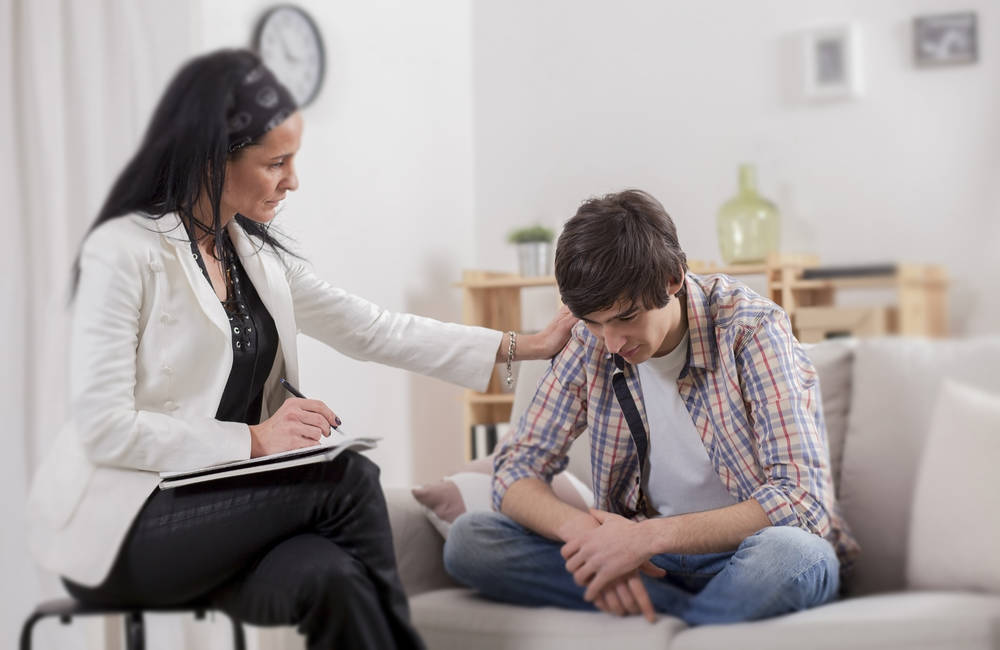
Spending on children’s mental health services has fallen in real terms by more than a third in areas of England. A report by the Children’s Commissioner found spending had risen by 17% overall but many children will face a ‘postcode lottery’ of provision.
There are great differences in spendings per child in different parts of England. Early interventions by school nurses, counsellors, drop-in centres or online support services to address low-level conditions can prevent them from developing a more serious illness. These low-level services are what the report looked at spending on, they are designed to prevent or treat problems such as eating disorders, depression or anxiety.
In general half of the funding comes from the NHS and half from local authorities. The report found that very high-spending areas were hiding a larger proportion of low spending areas.
According to the report:
- In London, local authority spending was £17.88 per child compared with £5.32 in the East of England
- 58% of areas reported a real-terms increase in spending between 2018-19
- But 37% saw a real-terms fall – often driven by a reduction in local authority spending
- Around £226m was spent on low-level children’s mental health services in 2018-19 – an increase of 17% in real-terms (taking inflation into account) on the previous year
- While the top quarter of local areas spent £1.1m or more over the financial year, the bottom 25% spent £177,000 or les
Anne Longfield, Children’s Commissioner for England, said: “This report reveals for the first time the postcode lottery facing the increasing number of children suffering from low-level mental health conditions like anxiety and depression.
“The children I speak to who are suffering from conditions like anxiety or depression aren’t asking for intensive inpatient therapeutic treatment, they just want to be able to talk to a counsellor about their worries and to be offered advice on how to stop their problems turning into a crisis.”
A statement from the Department of Health and Social Care said government plans would allow an extra 70,000 a year to have access to special mental health care by 2020-21.
A Department of Health and Social Care spokesperson said: “We are transforming services through the NHS long-term plan – backed by an extra £2.3bn a year – so that 70,000 more children a year have access to specialist mental health care by 2020-21.
“Early intervention is vital and we’re going further, piloting a four-week waiting time standard for treatment, training a brand new dedicated mental health workforce for schools across the country, and teaching pupils what good mental and physical health looks like.”
Chair of the Local Government Association’s children and young people board, Anntoinette Bramble, said: “Children’s services face a funding gap of £3.1bn by 2025 while public health services, which also help children get the best start in life, have seen cuts of £700m. If we are to improve provision of preventative and early-intervention services then it is vital the government adequately funds these in the forthcoming spending review.”